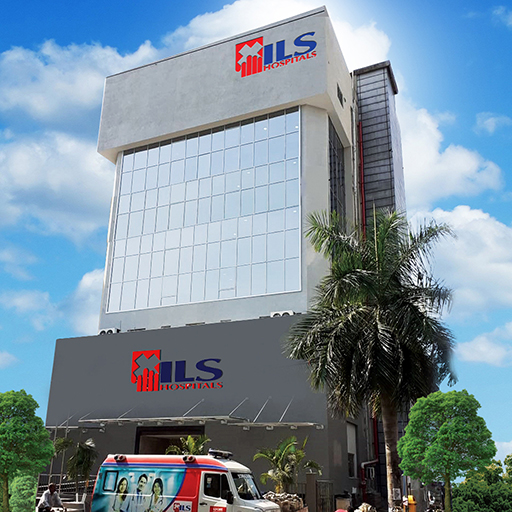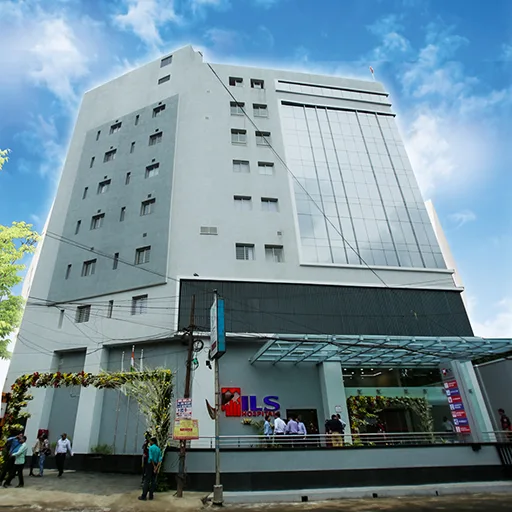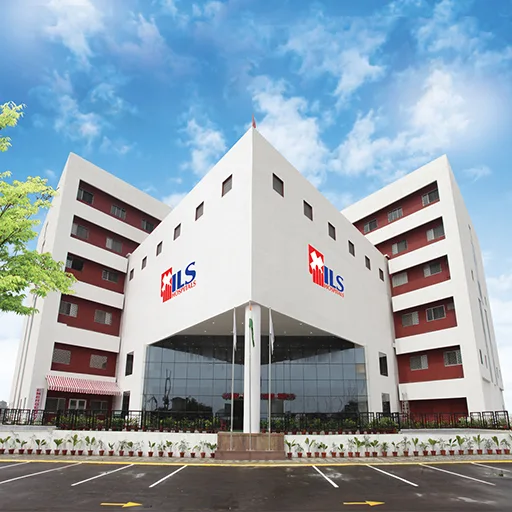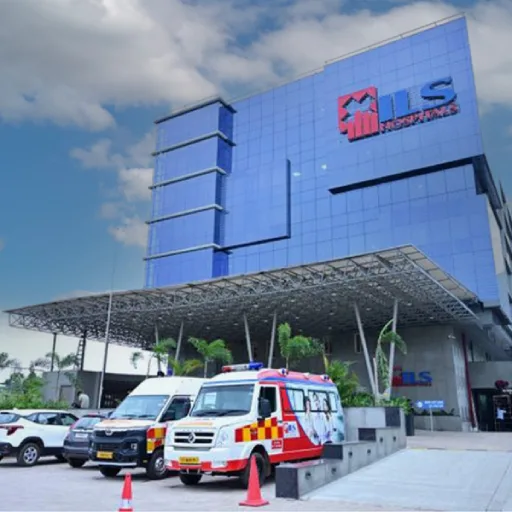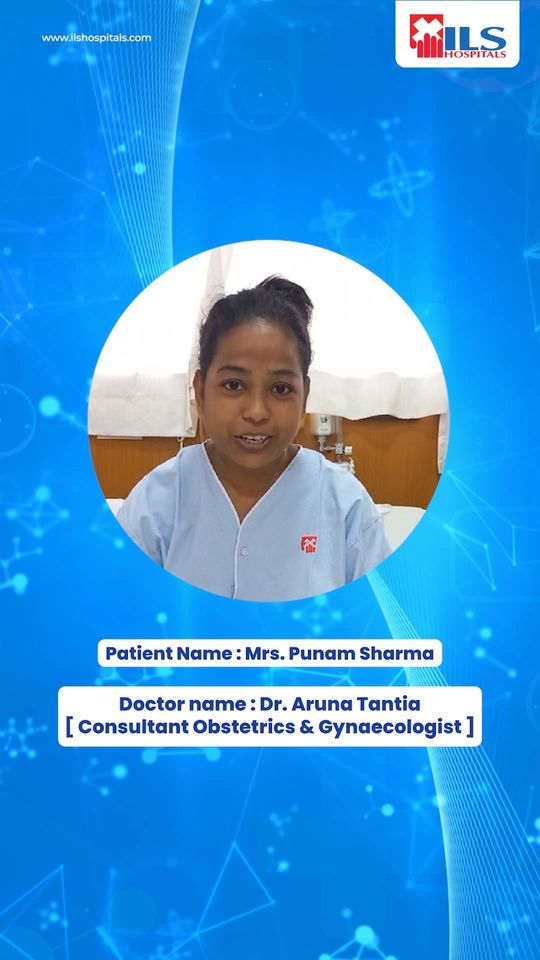Colorectal Cancer
Colorectal cancer, or CRC, is cancer that begins in the tissues of the colon or rectum, which are part of the digestive system.
- The colon is the first and longest segment of the large intestine. It absorbs water and nutrients from meals and converts residual waste materials into stool.
- The rectum is the lower section of the large intestine. It is where the body stores stool.
Rectal cancer begins in the rectum, whereas colon cancer starts in the colon. Cancer that affects one of these organs is also known as colorectal cancer.
At ILS hospitals, colorectal cancer treatment is personalized, combining surgery, chemotherapy, radiation therapy, immunotherapy, and targeted therapies. Our expert oncologists and surgeons use advanced diagnostic techniques like colonoscopy, CT scans, and biopsy to accurately diagnose and stage the tumor. Based on the type and stage of cancer, we provide tailored treatment plans, focusing on improving survival rates and quality of life. We ensure compassionate, comprehensive care throughout every stage of colorectal cancer treatment.
Symptoms
Many people with colon cancer do not experience symptoms at first. When symptoms occur, they are most likely determined by the size and location of the malignancy in the large intestine. Symptoms of colon cancer may include:
- Changes in bowel habits, such as frequent diarrhea or constipation.
- Rectal bleeding or blood in the stools.
- Continuous abdominal discomfort, such as cramps, gas, or pain.
- A feeling that the bowel does not fully empty during a bowel movement.
- Weakness or tiredness.
- Weight loss without effort.
Causes
Causes of Colorectal Cancer:
- Age: Risk increases after the age of 50.
- Family History: A family history of colorectal cancer or polyps raises risk.
- Genetic Conditions: Inherited syndromes like Lynch syndrome or FAP (familial adenomatous polyposis) increase susceptibility.
- Diet: A diet high in red or processed meats and low in fibre may contribute.
- Physical Inactivity: Lack of exercise is associated with higher colorectal cancer risk.
- Obesity: Being overweight or obese increases the risk of colorectal cancer.
- Chronic Inflammatory Diseases: Conditions such as Crohn’s disease or ulcerative colitis increase the risk.
Diagnoses
If symptoms of colorectal cancer persist, additional testing is required for confirmatory diagnosis. Possible tests include:
- A medical check-up.
- A digital rectal examination. This involves screening exams (such as colonoscopies and stool testing) and a biopsy.
- Additional blood and tissue tests.
Treatments
Treatment options are usually determined by age, overall health, and the severity and type of cancer. Among other options, surgery, chemotherapy, radiation therapy, and immunotherapy are available.
Prevention
Avoiding risk factors over which you have control may help prevent certain cancers. That includes:
- Avoiding cigarettes.
- Limiting alcohol to less than three drinks per day.
- Weight management is important.
There are other steps you can take to help prevent colorectal cancer. They include the following:
- Getting regular colorectal cancer screenings.
- Getting polyps removed before they become cancerous.
- Regular exercise.













